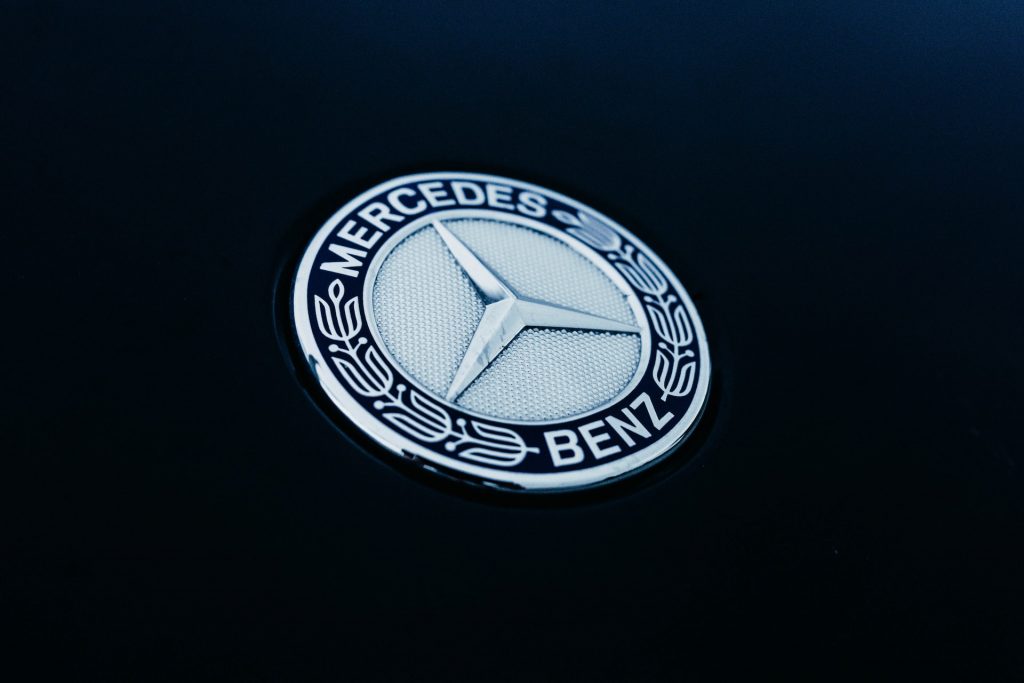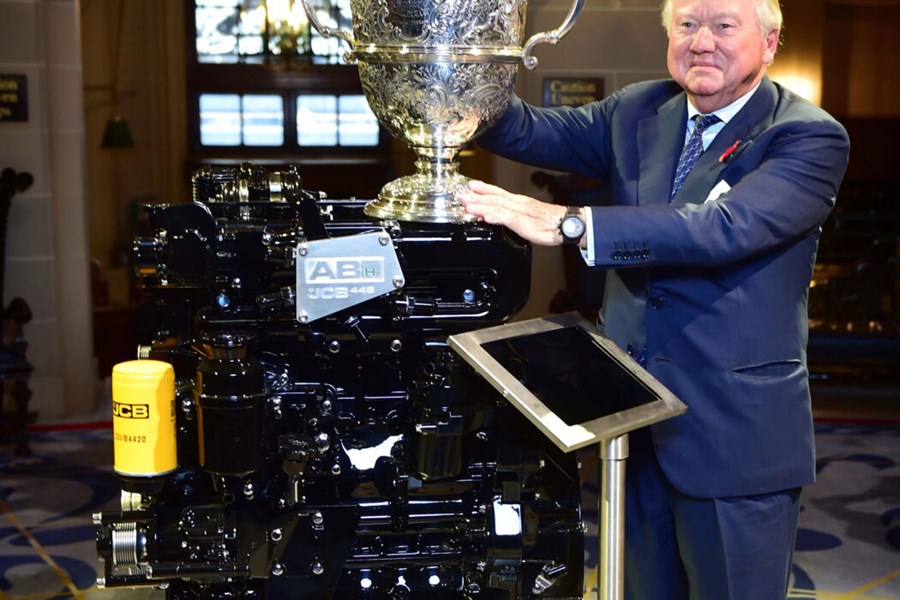Truck manufacturers are offering fleet managers an alternative decarbonisation route that allows them to use clean hydrogen within a well-known environment: the internal combustion engine (ICE).
This U.S. engine giant Cummins will unveil a medium-duty concept truck powered by the H2-ICE at this week’s IAA Transportation exhibition in Hanover, Germany, while Westport Fuel Systems revealed its HPDI hydrogen ICE engine for heavy duty vehicles just last week.
Hydrogen ICE vehicles offer many of the benefits of hydrogen fuel cells housed within a technology that is already familiar to millions of mechanics and engineers around the world.
To demonstrate the relative ease with which hydrogen ICE can be employed, Cummins swapped out a diesel engine for 6.7-litre hydrogen engine in a Mercedes-Benz Atego 4×2 truck without compromising performance, cargo capacity or payload.
Westport even sees a significant bump in performance from its hydrogen ICE engine versus a diesel equivalent, including 20% more power and 18% more torque.

To demonstrate the relative ease with which hydrogen ICE can be employed, Cummins swapped out a diesel engine for 6.7-litre hydrogen engine in a Mercedes-Benz Atego 4×2 truck without compromising performance, cargo capacity or payload.
Utilising existing diesel engine architecture and engine manufacturing infrastructure, Westport believes its solution is the lowest cost way to achieve compliance with carbon dioxide reduction targets.
“We like to think of it as a game changer without the change,” said David Johnson, CEO, Westport Fuel Systems.
Trucks aren’t the only place that hydrogen ICE is being explored. Plant machinery leader JCB has been developing ICE technology to convert its portfolio of diggers, movers and loaders to hydrogen since July 2020 and expects to have the engines ready for pre-production by the end of 2022.
JCB have chosen to develop a hydrogen internal combustion engine to minimise the cost of transition for itself and its customers.
For Cummins, hydrogen ICE is a stepping-stone to hydrogen fuel cells.
“The introduction of H2-ICE powered trucks over the shorter term can help develop the hydrogen fuel infrastructure to bridge the way forward for the wider adoption of fuel cell electric vehicles,” said Alison Trueblood, Cummins executive director for on-highway business in Europe.

JCB have chosen to develop a hydrogen internal combustion engine to minimise the cost of transition for itself and its customers. (Pictured) Lord Bamford, JCB Chairman, is presented with the Royal Automobile Club’s Dewar Trophy for the company’s hydrogen fuel motor. It is the third time that JCB’s innovations have been honoured with the Dewar Trophy.
The use of hydrogen fuel cells in trucks is also advancing apace with the likes of Daimler, Hyundai and Cummins developing solutions for road-based haulage.
In August, the maturity of hydrogen truck technology was demonstrated by Hyundai, which signed a deal with the German government and seven companies to deliver 27 of its XCIENT Fuel Cell trucks.
Whichever technology becomes the favourite of trucking companies, it seems that hydrogen will be at the centre of it. A white paper in July by H2Accelerate found that hydrogen-powered trucks could be competitive with diesel as early as 2030, given the right policy support.
Even more optimistically, Loop Energy said last week its latest fuel cell system can deliver superior fuel economy than a diesel engine at current price levels.
Hydrogen ICE is also providing a solution to motorsport enthusiasts who want to retain the excitement of the internal combustion engine while cutting emissions.
Toyota’s hydrogen-combustion power train is already in use by professional rally drivers in the Corolla Sport race car that’s been competing in the Super Taikyu endurance racing series in Japan since May 2021. It has used that platform to test the transport and distribution of hydrogen imported from Australia through Japan on trucks.
Last month, Porsche said it had developed a V8 hydrogen combustion engine that aims to match the power and torque of current high-performance gasoline engines.
To learn more about Ryze Hydrogen click here.






